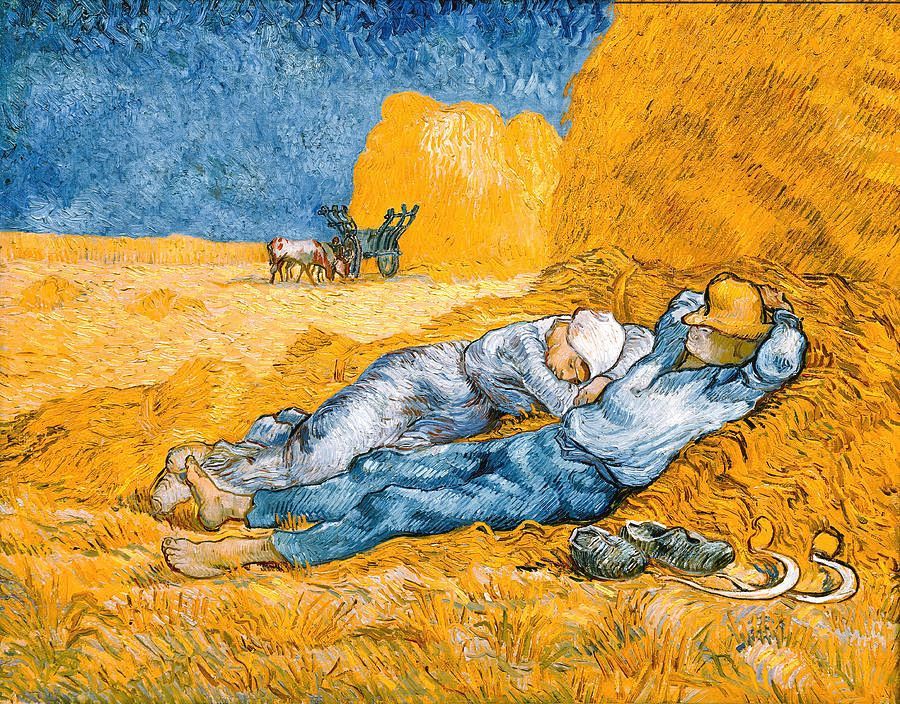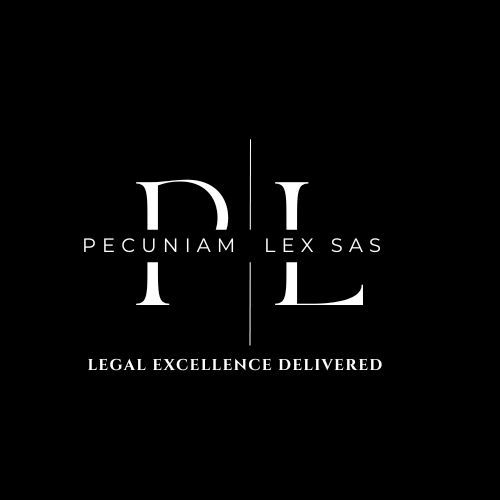Intellectual Property Ownership in the Workplace
Phillips J. Diaz-Vicioso LL.M.
August 22, 2013
Las Meninas (1656) by Diego Velazquez

In the innovative landscape of modern businesses, intellectual property (IP) becomes a cornerstone of value, driving growth, competitive advantage, and market differentiation. However, when creativity and invention occur within the confines of the workplace, determining the ownership of intellectual property can become a complex issue. This article explores the general principles of IP ownership in a working environment, touching upon labor and IP legislation while underscoring the importance of clear policies and agreements.
Understanding Intellectual Property Rights
Intellectual property rights refer to the rights given to persons over the creations of their minds. They usually give the creator an exclusive right over the use of their creation for a certain period. IP can include inventions, literary and artistic works, designs, symbols, names, and images used in commerce.
IP Ownership in the Workplace: General Principles
Employer Ownership
In many jurisdictions, IP created by an employee as part of their employment duties, or using the employer’s resources, is typically owned by the employer. This principle is based on the premise that the employee is compensated for their work, including any inventions or creations, through their salary and benefits.
Employee Ownership
Conversely, IP created outside the scope of employment, without the use of employer resources, and not related to the employer’s business, may be owned by the employee. The distinction here hinges on the specifics of the employment contract and the nature of the IP created.
Independent Contractors and Consultants
The situation can differ for independent contractors and consultants, where, unless otherwise agreed in the contract, IP ownership may default to the creator rather than the commissioning party. This emphasizes the importance of clear contractual agreements regarding IP rights when engaging non-employee talent.
Legislation and Agreements
While general principles can guide understanding, IP and labor legislation vary significantly across countries and jurisdictions. These laws outline the specific conditions under which IP is owned by the employer or the employee and detail any exceptions to these rules. Additionally, employment contracts and company policies play a crucial role in defining IP ownership, making it essential for these documents to include clear provisions regarding IP rights and responsibilities.
Best Practices for Navigating IP Ownership
- Clear Employment Contracts: Ensure that employment contracts explicitly address IP ownership, covering creations during employment and the use of company resources.
- IP Agreements for Contractors: When engaging independent contractors, draft comprehensive agreements that specify IP ownership and rights.
- Employee Education: Educate employees about IP policies and their rights, fostering an environment of transparency and respect for IP.
- IP Assignment Agreements: Consider implementing IP assignment agreements for specific projects or roles with a high potential for IP creation.
How We Can Help
Navigating the intricacies of IP ownership in the workplace requires a nuanced understanding of both labor and IP law. Our firm offers specialized legal services to assist businesses in developing clear IP policies, drafting employment and contractor agreements, and ensuring compliance with local and international IP legislation. Whether you’re establishing a startup or managing an established company, we’re here to support your IP strategy, safeguarding your innovations and ensuring clear ownership rights.
Conclusion
Intellectual property is a vital asset in today’s knowledge-driven economy, making clear ownership essential for fostering innovation and protecting investments. By understanding the general principles of IP ownership, aligning with local legislation, and implementing best practices through agreements and policies, businesses can navigate IP rights effectively in the working environment. With professional guidance, companies can secure their intellectual assets, providing a solid foundation for growth and innovation.












